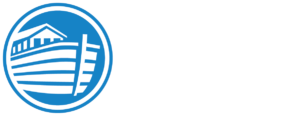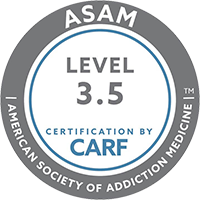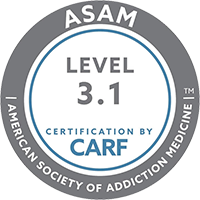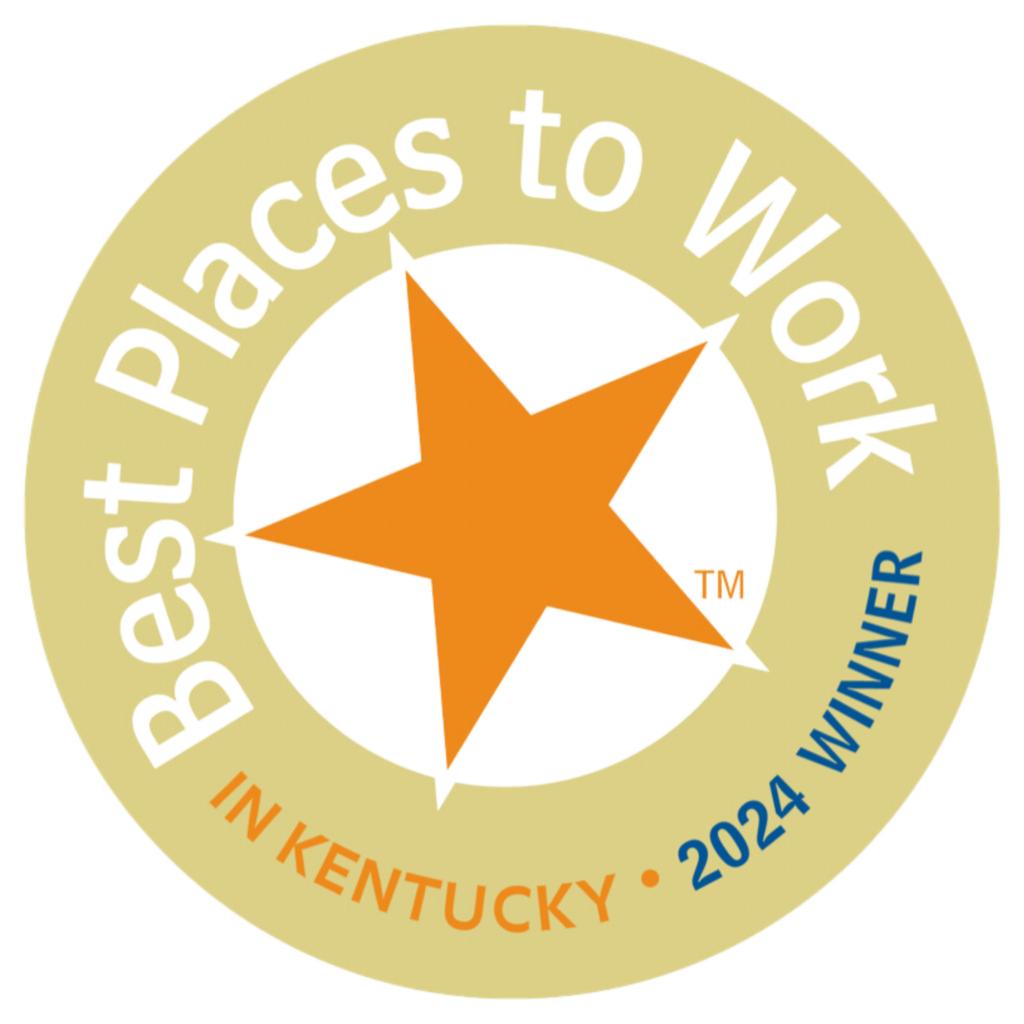Now 39 years old, Justin Worth will tell you to this day that his childhood was by no means tough. It was filled with a loving family who lived in a nice home and had stable incomes.
“Really how I ended up in addiction, man, I was a jerk. I wanted to do my own thing,” Justin said. “I started hanging out with the wrong people, started out smoking weed every now and then, and then real quick I graduated to cocaine and it was really all downhill from there.”
His addiction started when he was 15 years old, and as he grew older, his addiction worsened. By the time he was in his early 20s, he was in prison. He spent 11 years of his life behind bars, and while he was serving time, his mother died.
“I was the type of person that would justify what I was doing,” he said. After being released from prison, he says he would use people with only one thing on his mind – getting his next fix. Those habits eventually landed him in prison again, and his father who was sick at the time died.
“I didn’t really have anybody after that,” Justin said. After being released a second time, he found a “home” at a bus stop at the corner of 43rd and Broadway in downtown Louisville. He had now been homeless since he was 17.
For a short time after his second release, he avoided heroin but began using meth, which escalated to shooting it up. Homeless, he was eating out of dumpsters, he hadn’t seen his son, and he didn’t pay child support.
“Even my family, when they would try to help me, I would play it to my advantage,” he said. “I ended up taking $3,000 from my sister. That’s a big part of my story, is between her and I.”
“Towards the end of it, I made a deal with God,” he said. He told himself when he saw a sign that it was time to go, he would go.
One cold night, Justin was sitting at the bus stop he had made his “home” and was trying to find a place to stay where it would be warmer. Most nights, he could find someone to stay with.
“But this night, I couldn’t find nobody.”
Justin’s younger sister had gone through treatment at Karen’s Place Maternity Center, so Justin was familiar with Addiction Recovery Care. That night, he called his younger sister and said he couldn’t do it anymore. He walked 52 blocks to a bus stop from downtown Louisville to catch a ride to his older sisters.
“Needless to say I was starving to death, had been up for about a week, hadn’t ate anything,” he added. So he prayed for the first time in a while for food. On his way to the bus stop, he cut down one street, and laying on the sidewalk was a McDonald’s bag.
“It looked like somebody had just sat it there,” he said. “I opened it up and there was a sausage egg and cheese biscuit in there with two extra pieces of sausage, I kid you not. And I looked up and I was like ‘for real?’ And that right there told me that God didn’t give up on me.”
When he got to the bus stop, he found out the bus would not be around for a couple more hours, desperate he called his older sister and she got an uber for him.
“This is after I’ve done all these things to her,” he added.
She put him up in a hotel for a week and was buying him food as Justin waited for a bed to open up. About a week went by and then they got word it was time to go, and his older sister then drove him four hours to ARC’s Riverplace facility in Pike County.
“We stopped to get something to eat, and when I went in, I go to the bathroom.”
Justin had got some heroin that day.
“I walked into the bathroom with intentions of not coming out. I did the biggest shot of heroin I could do, and God saw fit to do something else because I walked out of that bathroom.”
He slept for the first three days he was there. When he woke up, had no idea where he was and freaked out. But the fog started lifting and Justin started listening.
“But what really made me stay, was this peer support guy, his name was Jeremy. I didn’t know that ARC hired people who had been in the program at the time, and I’m thinking these guys are just some college people that got textbook information about what it’s like to be an addict.” “This guy lifted his sleeves up and said ‘I’ve been right where you’ve been.”
His outlook changed. He entered phase two at Stone Lodge. He admits he almost left a couple of times. He was going to do sober living in Ashland, Kentucky until Kyle Lafeve asked if he would want to go to phase three, he said yes. Did phase three at Lake Hills, where he works now.
One night, out by a fire pit a friend told him he was a test subject for passport health insurance, to see what treatment was like. Once Justin completed it, Passport started paying for other people to get treatment, Justin paved the way.
Justin interned at Lake Hills, got hired on as staff there. Graduated Peer Support Specialist Academy, getting ready to start college.
“This is the first Christmas I bought him presents,” Justin said, talking about his son, who he now has a relationship with.
“I had to have the desperation of either God kill me, or get me sober, cause I can’t do it,” he said. “And the cool thing about it, is being powerless is awesome. Because now all I have to worry about, which isn’t really a worry at all, is what way God wants me to go. It really is that simple.”
He now gets to help people at Lake Hills Oasis in Somerset daily and has celebrated two years sober.
“All I want now is to help somebody, to show them that you can be at the bottom of the barrel and make it through this,” he said. “Don’t leave before the miracle happens.” sd





